

Empowering Children and Communities to Reach their
Full Potential
501C3 Not For Profit Organization
100% Volunteer-run. 100% of your Donations go to Campaigns.*
(*minus applicable processing fees for online donations using credit card, PayPal, GlobalGiving, and GoFundMe etc)
Mayor Potencial in the News
Mayor Potencial in the News
Architecture Students Design New High School for Village in Honduras
by Sherrie Negrea, Writer at Versatile Writing in Ithaca, NY
February 10, 2016
Mayor Potencial strives to empower communities in Latin America through education and better opportunities. To accomplish this, Mayor Potencial brings together community organizations in the United States, with schools and Non-Governmental Organizations (NGOs) in Honduras. These partnerships build strong relationships between Honduran children and their communities, and children and families in the U.S.
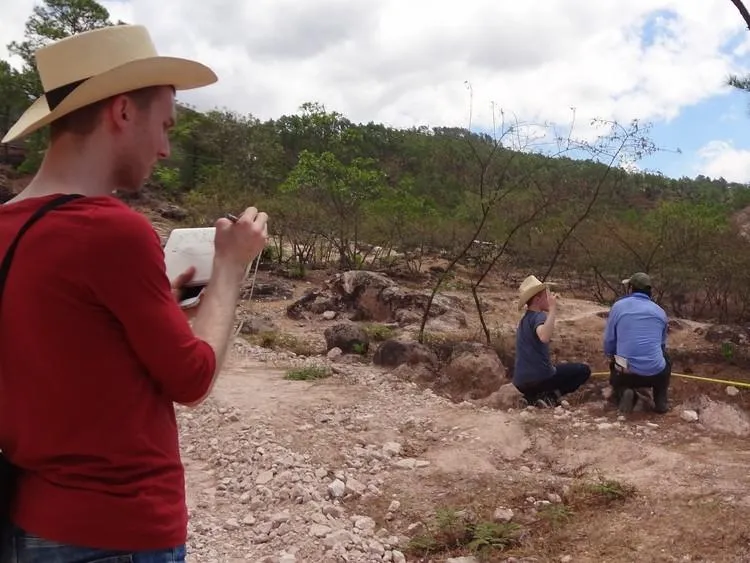
Mayor Potencial strives to empower communities in Latin America through education and better opportunities. To accomplish this, Mayor Potencial brings together community organizations in the United States, with schools and Non-Governmental Organizations (NGOs) in Honduras. These partnerships build strong relationships between Honduran children and their communities, and children and families in the U.S.
After being selected to design the school, Liam Martin (B.Arch. ’17) and Tim Ryan (B.Arch. ’17) travelled to El Rodeito — population 210 — during last spring break and summer to gather feedback from students and community members on their sketches and to survey the two-acre site where the school will be located.
show more
"I think the most fulfilling part was showing them the designs the first time and seeing their faces light up," said Martin, who is from Lexington, Ky. "It was actually really emotional. They were just blown away by the images that we showed them.
"What made their presentation of the virtual model of the school so powerful was that it was the first time residents of the village had seen a computer, Bell said. The residents were also astounded when they saw photos of their children, which Martin and Ryan had taken in the spring, superimposed on images of the building.
While working on the design for the school in Honduras, Martin and Ryan collaborated with a licensed architect in the Honduran capital, Tegucigalpa. Although the design is now complete, construction can not begin until Mayor Potencial raises $30,000 to pay for the first stage of the project — a building that will house three classrooms for the high school. So far, the group has collected $6,500 toward that goal through Cornell's crowdfunding website.
“The $6,500 we’ve raised to date is not enough to kick off the construction of the school," Bell said."But we hope the Cornell community can come together and support this great cause and this great community.”
The project will be developed as an educational campus that will include two classroom buildings for the high school and primary school, a computer lab and library, and a kitchen and cafeteria. The four buildings, which will be made of cinder block and painted sky blue, will be situated on a sloping terrace that will feature play areas with curving paths, a school garden, and two congregation areas for school assemblies and public meetings.
To add a unique feature to the buildings, Ryan said they transformed the metal grating that must be installed on the windows for security into sculptures that will be fabricated by local metal workers. "Maybe these windows could illustrate parts of the agricultural process," said Ryan, who is from London. "For the library, they could show the traditional legends they have like the various creatures and goddesses to form a more fantastical space.
"In a separate project, the two architecture students are also designing a guest house that would be used by the groups of Cornell students who travel to El Rodeito to volunteer in the elementary school or the local medical clinic. The facility, which is a ten-minute walk away from the school campus, would include two buildings that would each accommodate 25 students.
Martin said the experience of working on the project in El Rodeito has changed his career goals. "Seeing the potential of the impact we can have even before the construction convinced me that this is the kind of work I want to do as an architect," he said. "Design is needed much more by people who have less, and I would rather go where I'm really needed."
Architecture Students Design New High School for Village in Honduras
by Sherrie Negrea, Writer at Versatile Writing in Ithaca, NY
February 10, 2016
Mayor Potencial strives to empower communities in Latin America through education and better opportunities. To accomplish this, Mayor Potencial brings together community organizations in the United States, with schools and Non-Governmental Organizations (NGOs) in Honduras. These partnerships build strong relationships between Honduran children and their communities, and children and families in the U.S.

Mayor Potencial strives to empower communities in Latin America through education and better opportunities. To accomplish this, Mayor Potencial brings together community organizations in the United States, with schools and Non-Governmental Organizations (NGOs) in Honduras. These partnerships build strong relationships between Honduran children and their communities, and children and families in the U.S.
After being selected to design the school, Liam Martin (B.Arch. ’17) and Tim Ryan (B.Arch. ’17) travelled to El Rodeito — population 210 — during last spring break and summer to gather feedback from students and community members on their sketches and to survey the two-acre site where the school will be located.
show more
"I think the most fulfilling part was showing them the designs the first time and seeing their faces light up," said Martin, who is from Lexington, Ky. "It was actually really emotional. They were just blown away by the images that we showed them.
"What made their presentation of the virtual model of the school so powerful was that it was the first time residents of the village had seen a computer, Bell said. The residents were also astounded when they saw photos of their children, which Martin and Ryan had taken in the spring, superimposed on images of the building.
While working on the design for the school in Honduras, Martin and Ryan collaborated with a licensed architect in the Honduran capital, Tegucigalpa. Although the design is now complete, construction can not begin until Mayor Potencial raises $30,000 to pay for the first stage of the project — a building that will house three classrooms for the high school. So far, the group has collected $6,500 toward that goal through Cornell's crowdfunding website.
“The $6,500 we’ve raised to date is not enough to kick off the construction of the school," Bell said."But we hope the Cornell community can come together and support this great cause and this great community.”
The project will be developed as an educational campus that will include two classroom buildings for the high school and primary school, a computer lab and library, and a kitchen and cafeteria. The four buildings, which will be made of cinder block and painted sky blue, will be situated on a sloping terrace that will feature play areas with curving paths, a school garden, and two congregation areas for school assemblies and public meetings.
To add a unique feature to the buildings, Ryan said they transformed the metal grating that must be installed on the windows for security into sculptures that will be fabricated by local metal workers. "Maybe these windows could illustrate parts of the agricultural process," said Ryan, who is from London. "For the library, they could show the traditional legends they have like the various creatures and goddesses to form a more fantastical space.
"In a separate project, the two architecture students are also designing a guest house that would be used by the groups of Cornell students who travel to El Rodeito to volunteer in the elementary school or the local medical clinic. The facility, which is a ten-minute walk away from the school campus, would include two buildings that would each accommodate 25 students.
Martin said the experience of working on the project in El Rodeito has changed his career goals. "Seeing the potential of the impact we can have even before the construction convinced me that this is the kind of work I want to do as an architect," he said. "Design is needed much more by people who have less, and I would rather go where I'm really needed."
Cornell Commitment Service Trip to Honduras
Service on a local to local level, that’s how the Cornell Commitment partnered with Mayor Potencial for its fi rst international service trip. Before the start of the spring 2015 semester, 12 Cornell Commitment students traveled with staff member BJ Siasoco ’07, to El Rodeito, Honduras, to assist the local elementary school with math and English instruction.

Blog Post

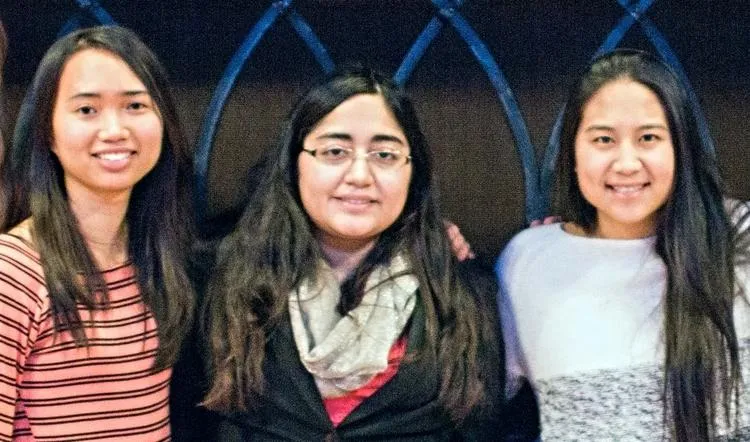
Alumni Stay Engaged with Mayor Potencial
Alumni Stay Engaged with Mayor Potencial
(Picture Above (Left to Right) Khanh Phuong Tong '15, Nancy Bell '09, Allison Liang '15.)by Sherrie Negrea, Writer at Versatile Writing in Ithaca, NY
December 15, 2015
Introduction:
Allison Liang ’15 spends her days as a research assistant at the Tisch Multiple Sclerosis Research Center in New York, conducting experiments that may uncover the cause of the neurological disorder. But she also takes time out of her daily schedule to volunteer for a project she feels passionate about — Mayor Potencial.
In her junior year at Cornell, Liang began volunteering with a club on campus supporting Mayor Potencial, a nonprofit organizations that is raising money to improve the educational system, health care clinic and small businesses in El Rodeito, a small village in Honduras. The group was founded by Nancy Bell ’09, a Honduran native and a graduate student in human resources at Cornell.
Mayor Potencial Receives Support from Cornell Executive Administrators
Blog Post

Alumni Stay Engaged with Mayor Potencial
Alumni Stay Engaged with Mayor Potencial
(Picture Above (Left to Right) Khanh Phuong Tong '15, Nancy Bell '09, Allison Liang '15.)by Sherrie Negrea, Writer at Versatile Writing in Ithaca, NY
December 15, 2015
Introduction:
Allison Liang ’15 spends her days as a research assistant at the Tisch Multiple Sclerosis Research Center in New York, conducting experiments that may uncover the cause of the neurological disorder. But she also takes time out of her daily schedule to volunteer for a project she feels passionate about — Mayor Potencial.
In her junior year at Cornell, Liang began volunteering with a club on campus supporting Mayor Potencial, a nonprofit organizations that is raising money to improve the educational system, health care clinic and small businesses in El Rodeito, a small village in Honduras. The group was founded by Nancy Bell ’09, a Honduran native and a graduate student in human resources at Cornell.
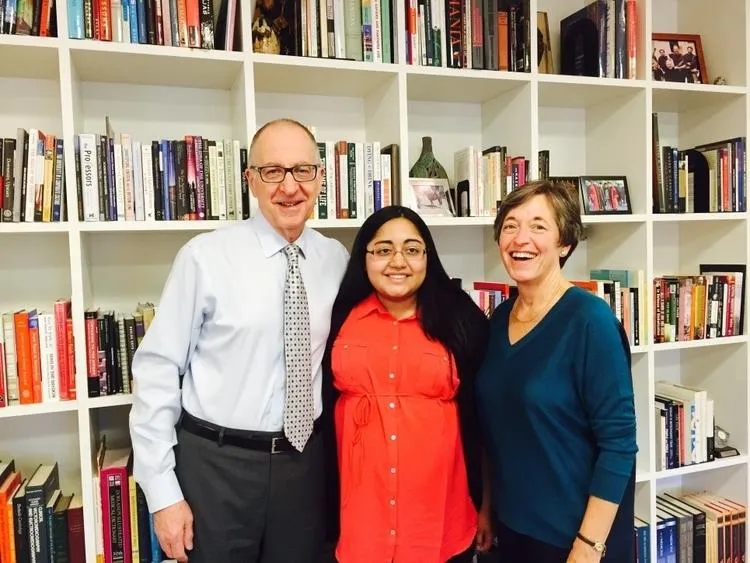
Nancy Bell, poses with previous President, David Skorton (left), and current Vice President, Susan Murphy (right), at 300 Day Hall on April 8th, 2015.
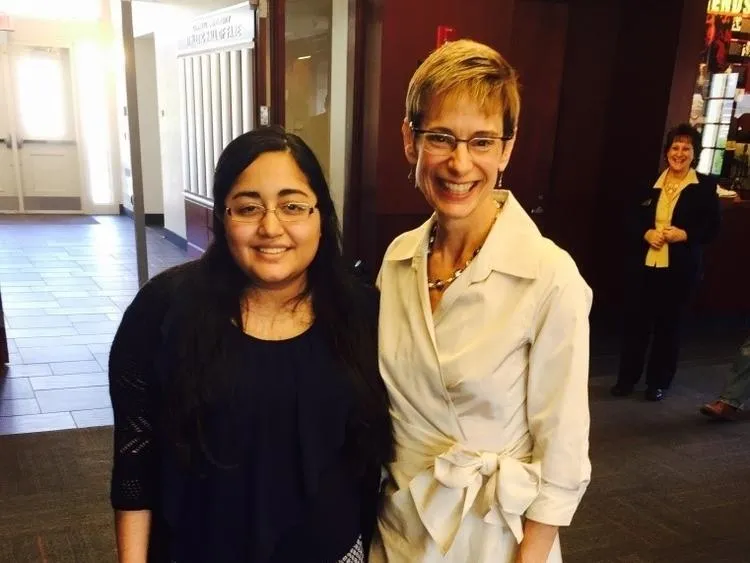
Nancy is with Cornell President, Elizabeth Garrett (right), at the Hall of Fame Room in Schoellkopf Hall on September 15th, 2015.
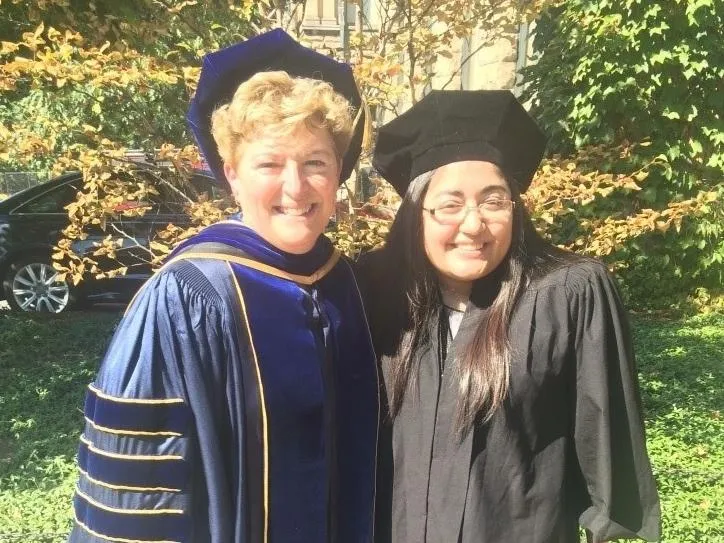
Nancy poses with Dean of Cornell’s College of Agriculture and Life Sciences, Kathryn Boor (left). This photo was taken at President Garrett’s inauguration ceremony on September 18th, 2015 where Nancy was privileged to walk and carry the symbol for CALS.
Mayor Potencial Receives Support from Cornell Executive Administrators

Nancy Bell, poses with previous President, David Skorton (left), and current Vice President, Susan Murphy (right), at 300 Day Hall on April 8th, 2015.

Nancy is with Cornell President, Elizabeth Garrett (right), at the Hall of Fame Room in Schoellkopf Hall on September 15th, 2015.

Nancy poses with Dean of Cornell’s College of Agriculture and Life Sciences, Kathryn Boor (left). This photo was taken at President Garrett’s inauguration ceremony on September 18th, 2015 where Nancy was privileged to walk and carry the symbol for CALS.

Red Ideas Festival
@ Cornell University
Semi-Finalist
Red Ideas is a new group on the Cornell campus that aims to foster discussion and support implementation of creative ways to "improve humanity", be it through research, humanitarian aid, development projects, etc.

Cornell Chronicle
Students Teach, Learn Valuable Lessons on Trip to Honduras
For nine Cornell students and two mentors, memories of this winter break include two different kinds of lessons: English and math lessons they gave to 50 elementary school children in Honduras and a humbling lesson they received about what it really takes to be content...

Red Ideas Festival
@ Cornell University
Semi-Finalist
Red Ideas is a new group on the Cornell campus that aims to foster discussion and support implementation of creative ways to "improve humanity", be it through research, humanitarian aid, development projects, etc.

Cornell Chronicle
Students Teach, Learn Valuable Lessons on Trip to Honduras
For nine Cornell students and two mentors, memories of this winter break include two different kinds of lessons: English and math lessons they gave to 50 elementary school children in Honduras and a humbling lesson they received about what it really takes to be content...
501C3 Not For Profit Organization
100% Volunteer-run. 100% of your Donations go to Campaigns.*
(*minus applicable processing fees for online donations using credit card, PayPal, GlobalGiving, and GoFundMe etc)


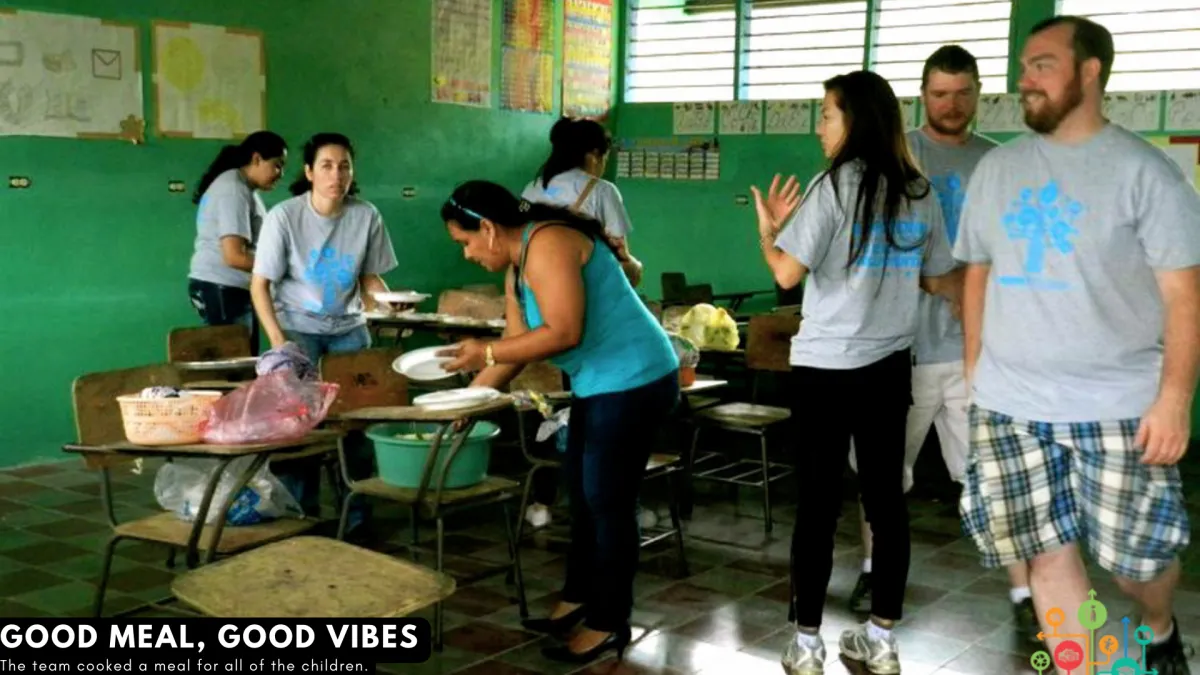
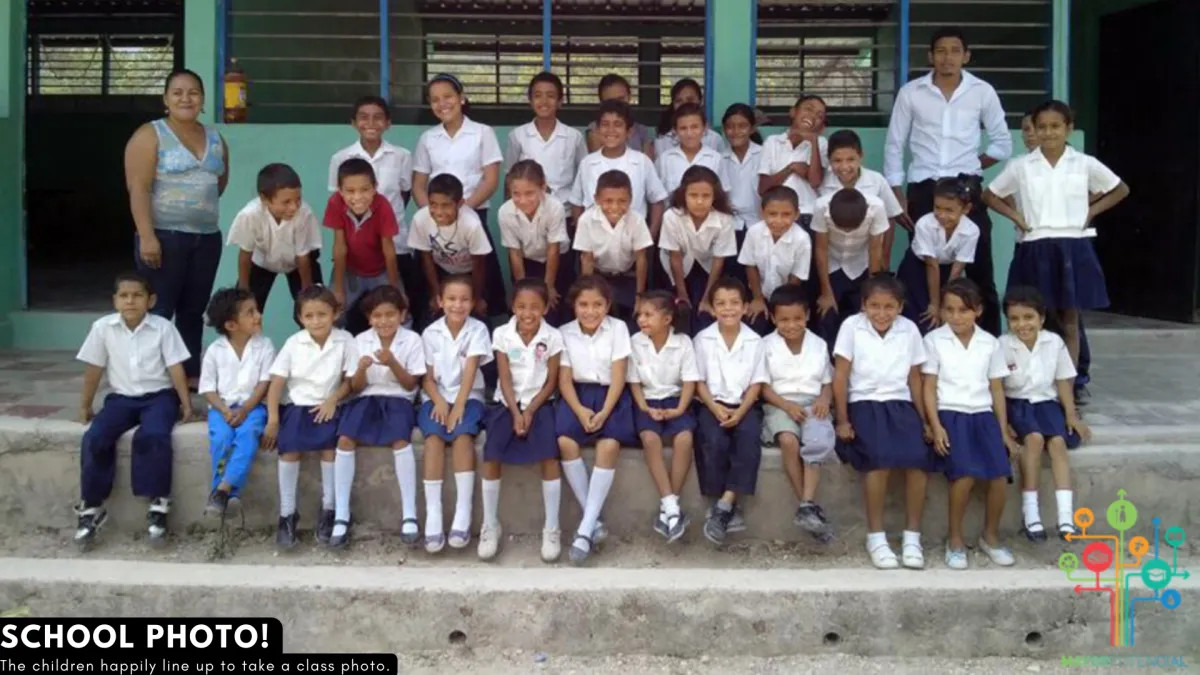
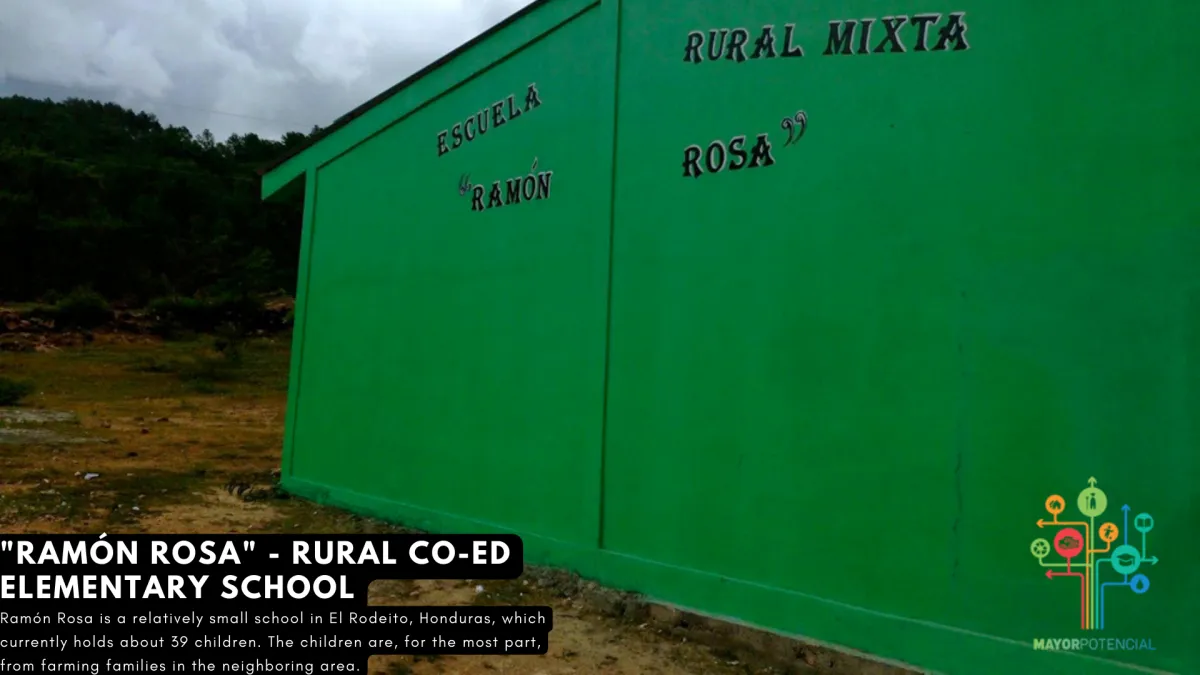
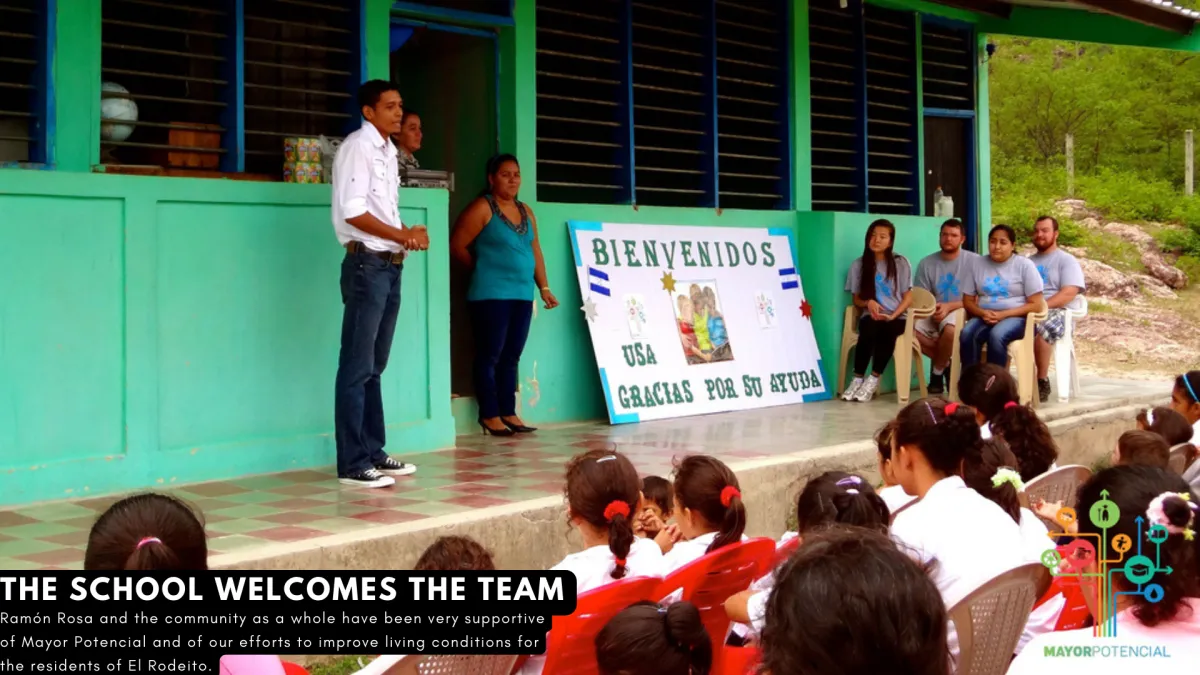
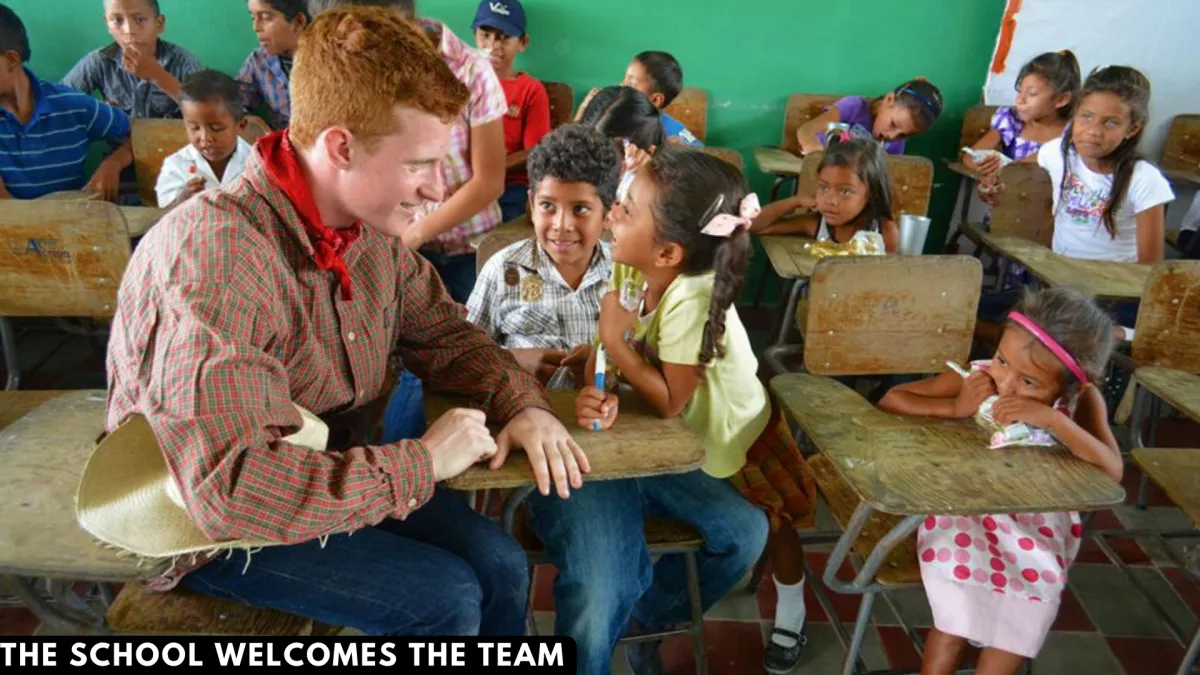
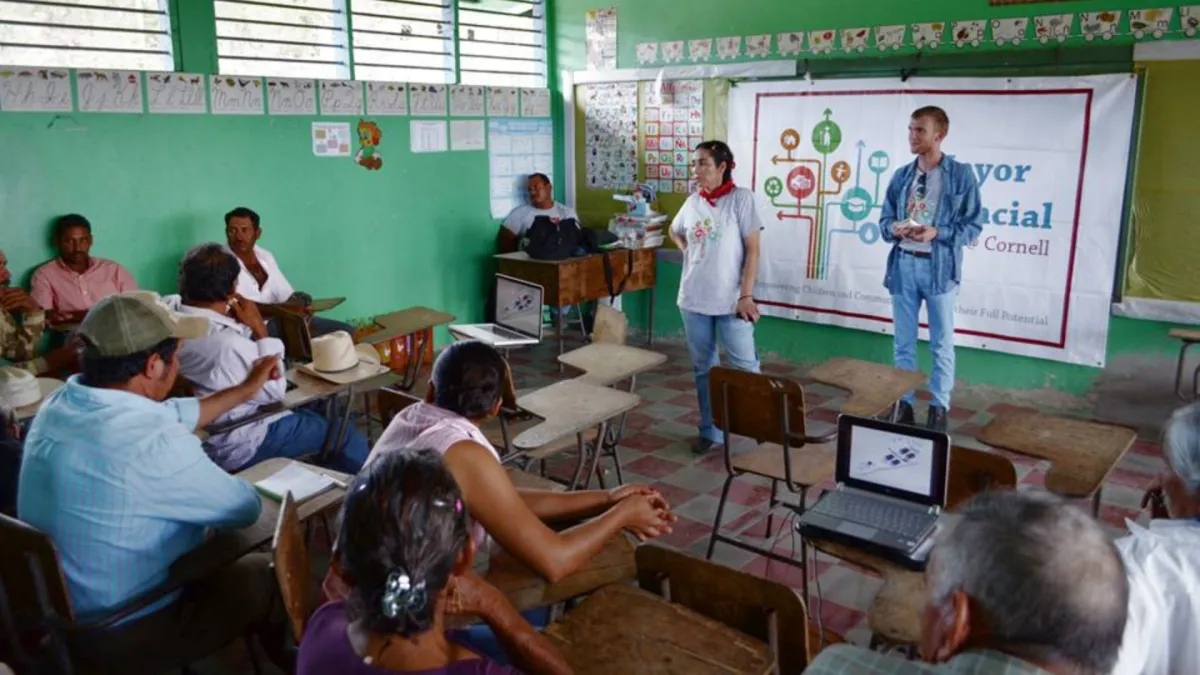
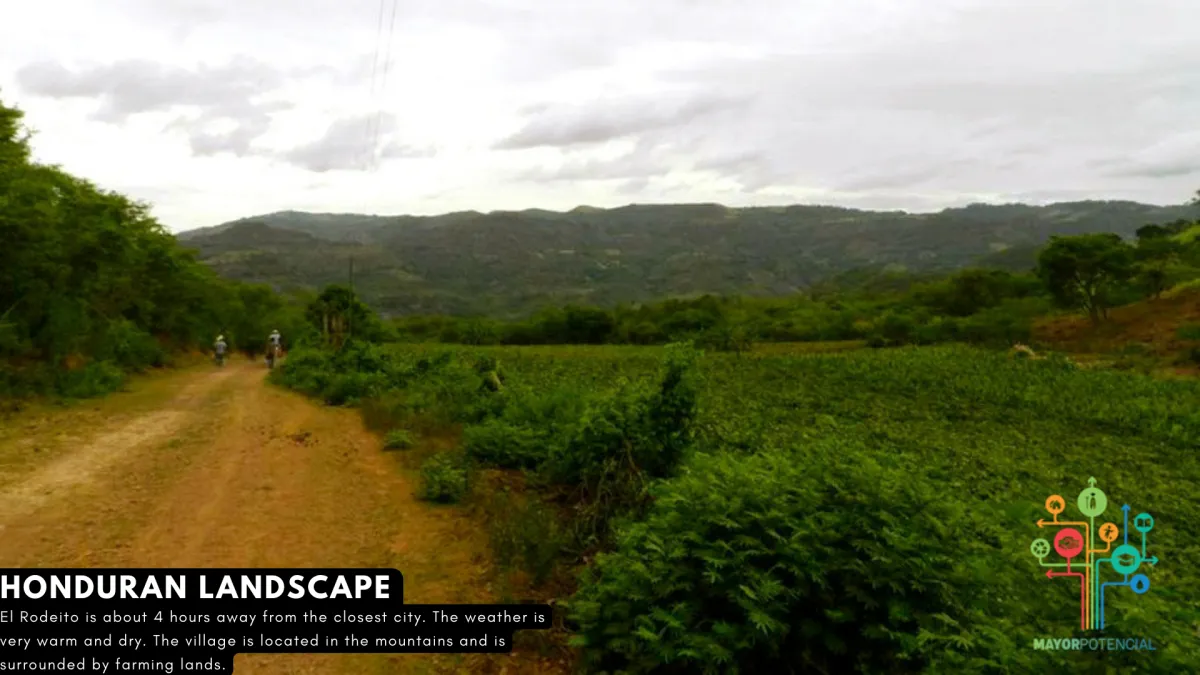
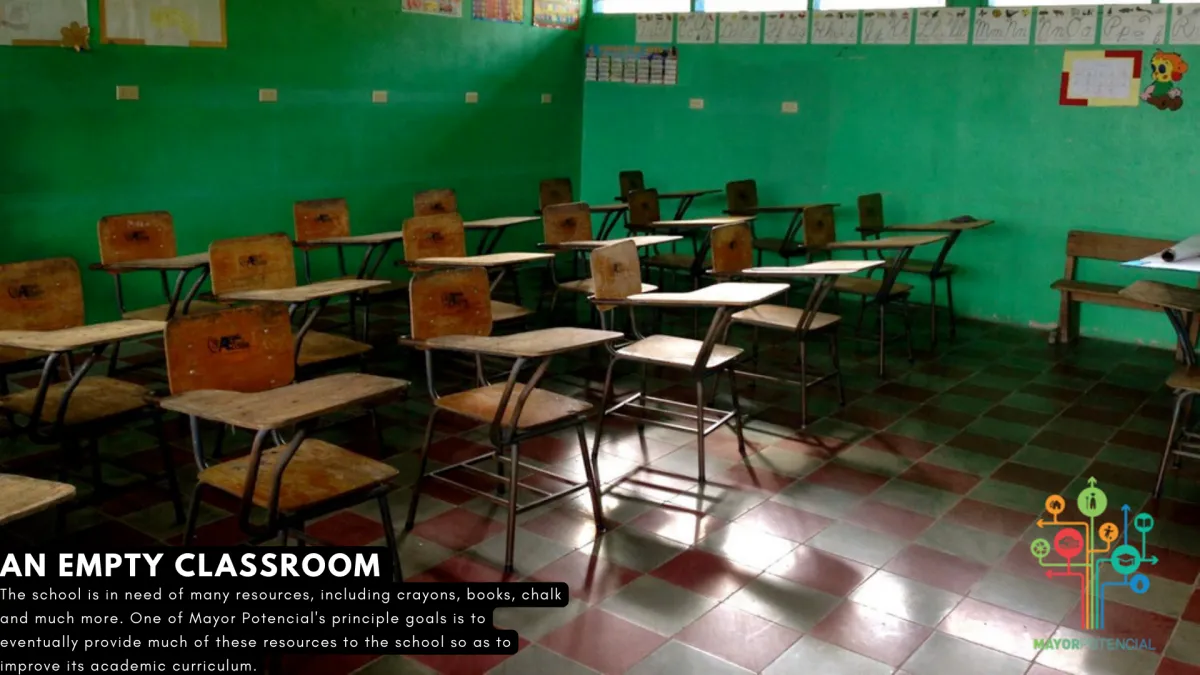
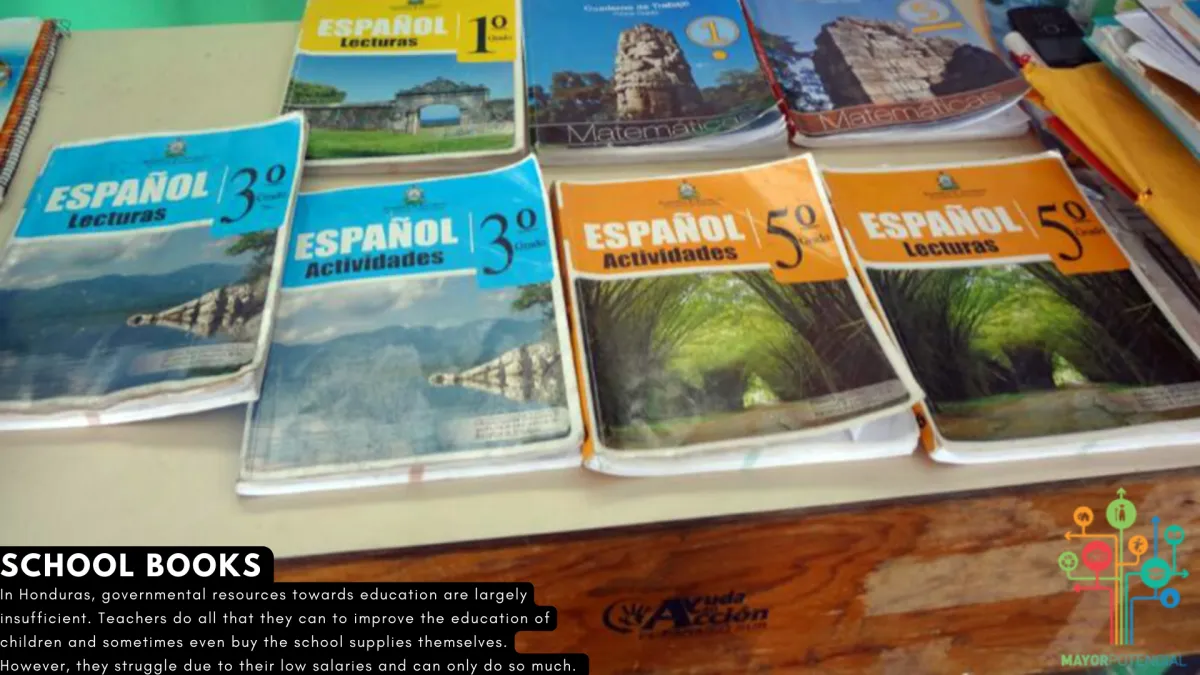
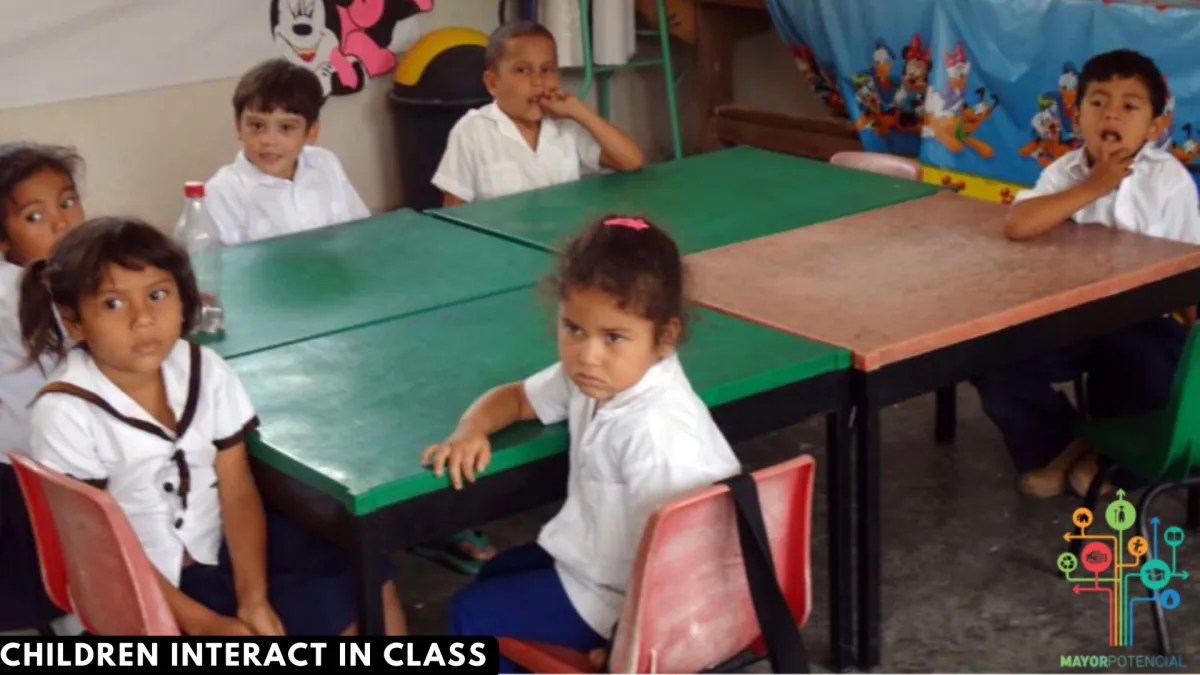
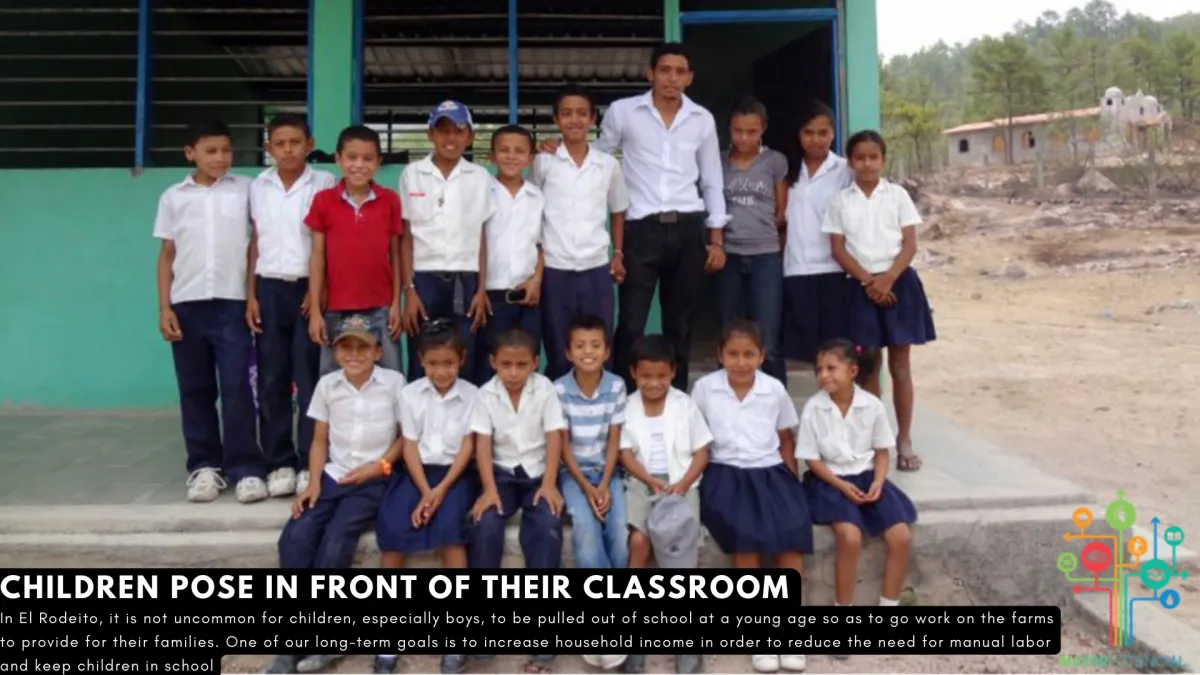
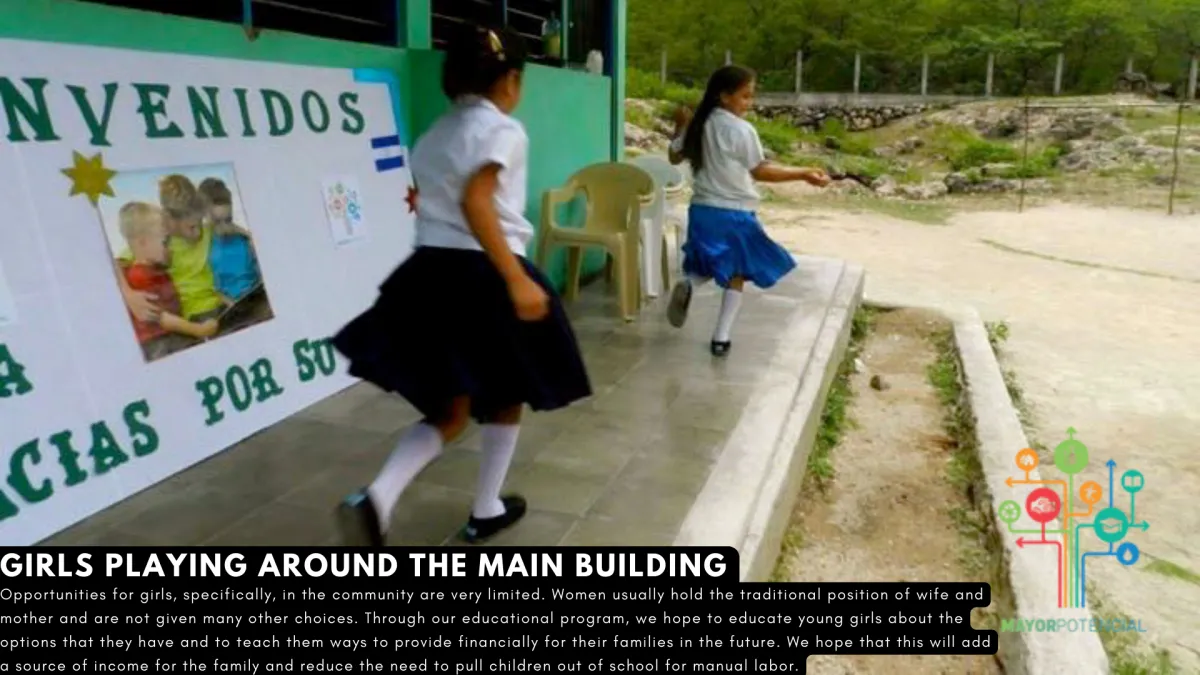
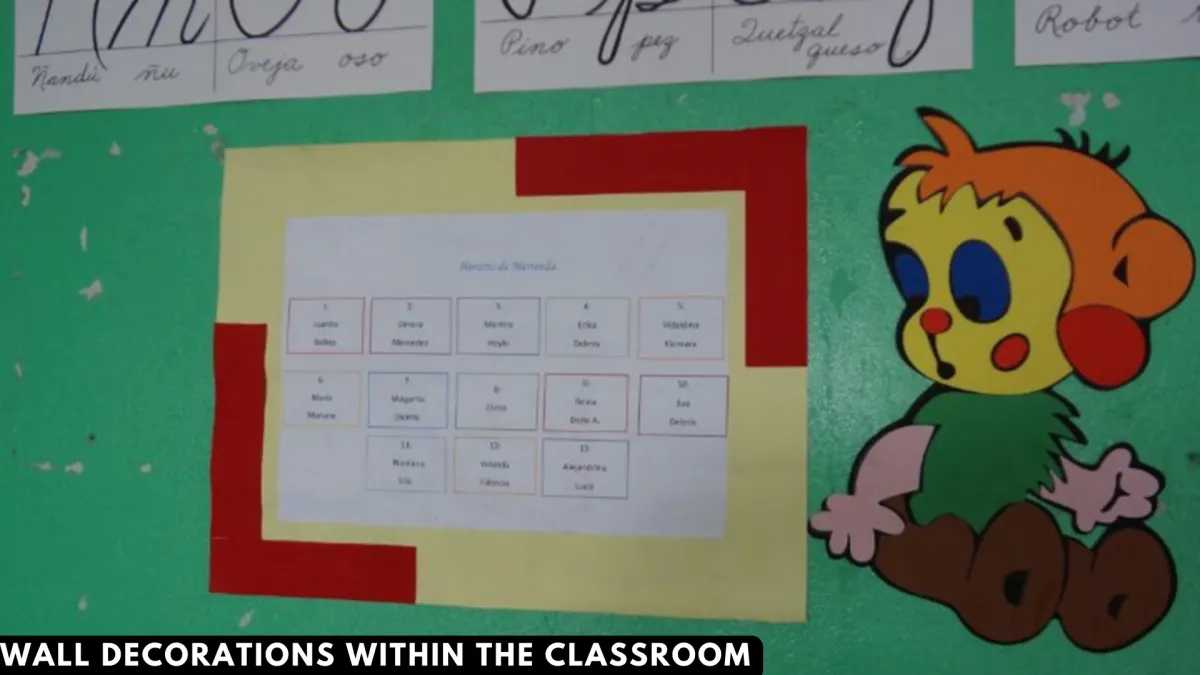
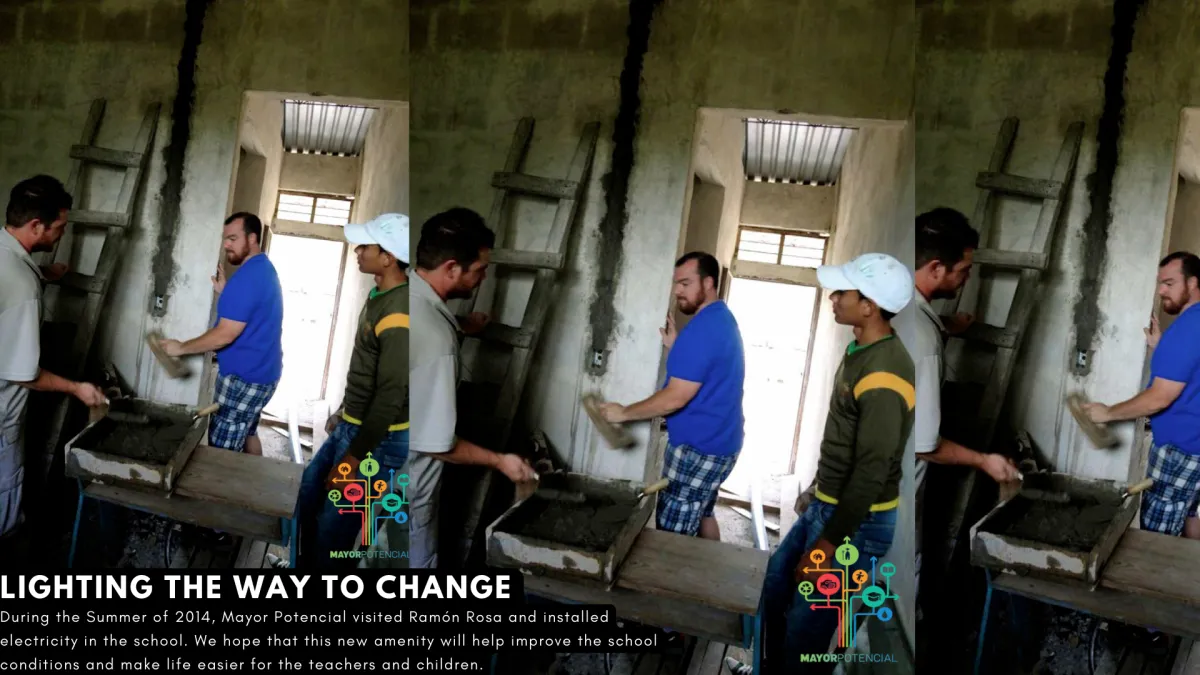
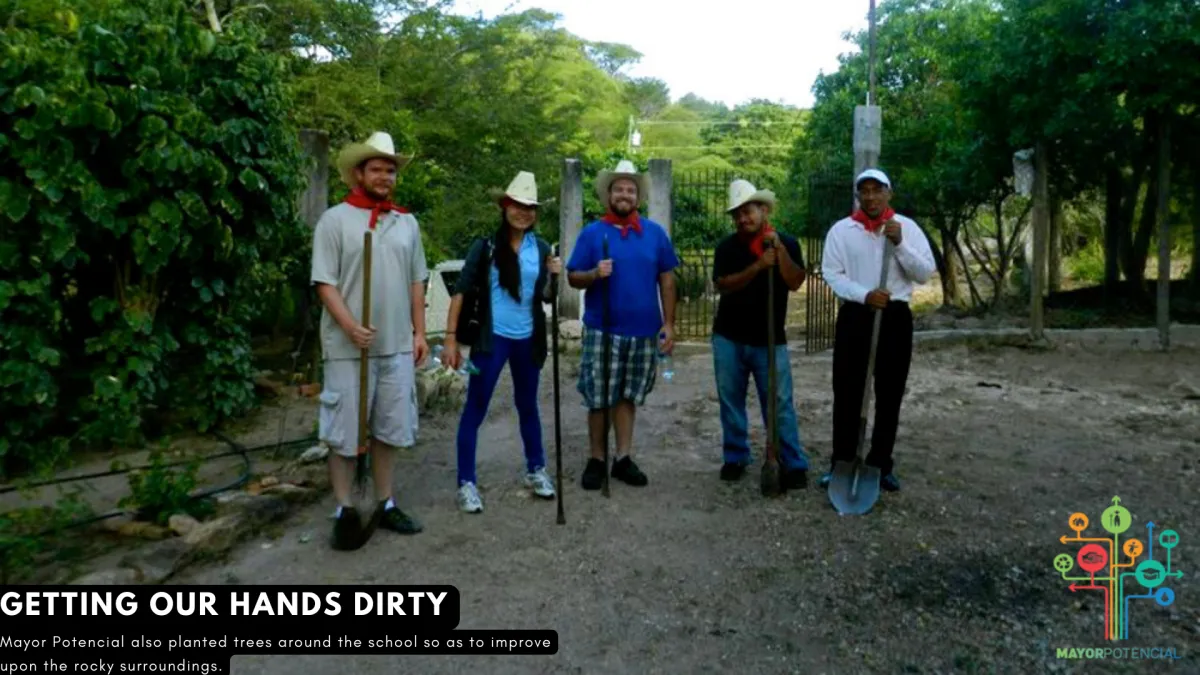
Facebook
Instagram
X